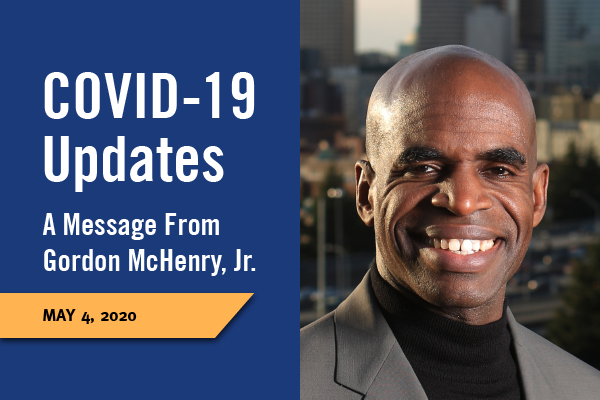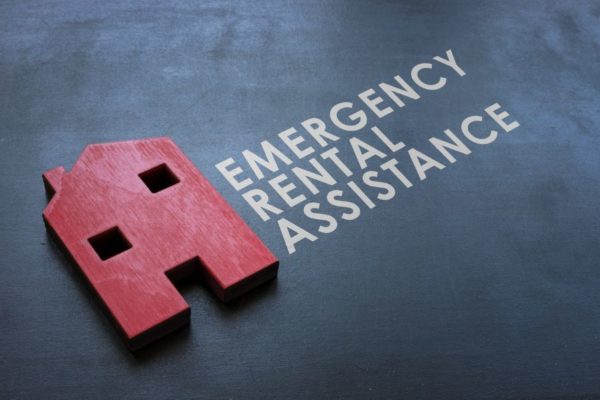COVID-19 Shines a Light on Inequity
For decades, the income and wealth gaps in the Seattle-King County area have been vast. The pandemic certainly didn’t create these gaps, but it is definitely revealing them. As our team responds to the economic needs of so many families, I worry that the economic impact of COVID-19 will weigh most heavily on our communities of color—and widen the gaps even further.
Wealth and Income Inequality
The biggest predictor of wealth is homeownership, and the difference in wealth between a homeowner and a renter is huge.
Further, households headed by a white or Asian person in our area have a median net worth of around $450,000. For Latino households, it’s $90,000 and for black households, only about $23,000.
| Homeowners | $898,000 |
| Renters | $36,000 |
| White | $456,000 |
| Asian | $446,000 |
| Latino | $90,000 |
| Black | $23,000 |
Income gaps are persistent as well. In 2018, the median income for all households in King County was $95K. For Hispanic or Latino households that number was just $66.8K and $55K for black households; $100.3K for white households.
How We Got Here
The inequities start early, from preparation for success in school to high school graduation rates, people of color have a steeper hill to climb to build wealth in a way that could help prepare them for this sort of economic crisis.
Our history of discriminatory housing practices has limited wealth opportunities. African-American families that were prohibited from buying homes in the suburbs in the 1940s and ’50s and even into the ’60s, by the Federal Housing Administration, missed out on any equity appreciation.
Education opportunities for people of color are limited. In about half of the largest 100 cities, most African- American and Latino students attend schools where at least 75 percent of all students qualify as poor or low-income under federal guidelines. Studies show that racism has a long-term impact on students of color—from health issues early on to the generational impact of racial inequality on future economic mobility.
Moving Forward
Our year-round work addressing racial equity helped position us to support people quickly in this crisis and not let the needs compound. Our presence on ten college campuses has helped hundreds of students remain housed and continue their education. Our expanded eviction prevention work has allowed thousands of families to make their rent and remove that as a source of stress.
We’re grateful for our amazing partners with deep community roots.
Ginger Kwan, Executive Director, Open Doors for Multicultural Families and member of the Racial Equity Coalition shared with me the importance of the connections they already have with families. “We know the communities we serve – they trust us,” she said. “Our staff comes from the community, they speak the language. This allows us to serve people more quickly.”
“We know the communities we serve – they trust us,” she said. “Our staff comes from the community, they speak the language. This allows us to serve people more quickly.”
Ginger Kwan, Executive Director, Open Doors for Multicultural Families
As we work together through this crisis—and we will get through it—it’s my hope that we will continue to recognize and address the structural and institutional racism that exists today in our world and in King County and all do our part to fight it.





Comments